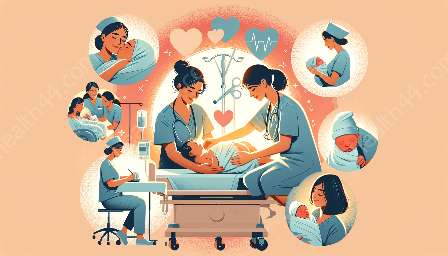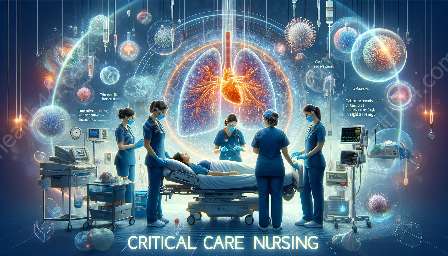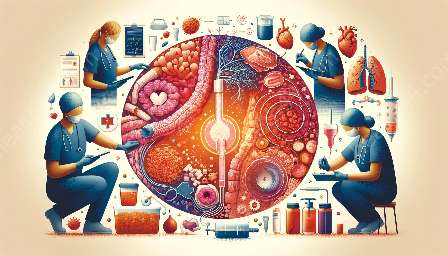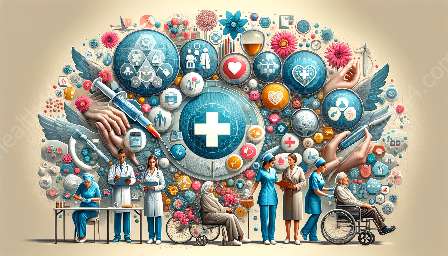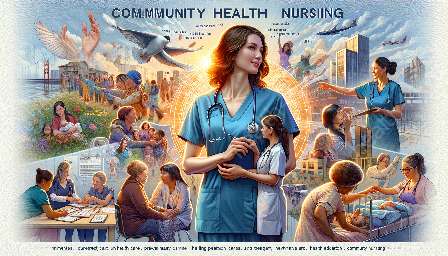Patients' understanding of their health conditions and self-management strategies is crucial for achieving positive health outcomes. In the nursing and health care context, patient education plays a vital role in empowering individuals to take control of their well-being.
The Importance of Patient Education in Nursing and Health
Patient education is an indispensable component of nursing practice as it involves the process of informing, supporting, and guiding individuals to make informed decisions about their health. By providing comprehensive and easily understandable information, nurses enable patients to participate actively in their care, leading to better adherence to treatment plans and improved health outcomes.
Effective patient education also promotes disease prevention, early detection, and timely intervention, ultimately reducing the burden on healthcare systems. It enhances the overall quality of care and fosters a sense of partnership between patients and healthcare providers.
Methods of Patient Education
There are several methods through which patient education can be delivered:
- One-on-One Counseling: Nurses engage in individual discussions with patients, tailoring education to the specific needs and preferences of each individual.
- Group Sessions: Conducting educational sessions with multiple patients or their family members fosters a sense of community and peer support.
- Printed Materials: Distribution of pamphlets, brochures, and other written materials provides patients with supplementary information to reinforce learning.
- Digital Resources: Using modern technology to deliver educational content through websites, apps, and videos ensures accessibility and convenience.
The Role of Technology in Patient Education
Advancements in technology have revolutionized patient education, offering innovative ways to deliver information and resources. Telehealth, electronic health records, and mobile health applications are increasingly being utilized to provide personalized education and support to patients, transcending geographical barriers and improving health literacy.
Nurses and healthcare professionals also leverage social media platforms to disseminate health-related information and promote patient engagement and education.
Benefits of Patient Education
The benefits of patient education in nursing and health are far-reaching:
- Empowerment: Educated patients feel more confident in managing their health, leading to better adherence to treatment plans and improved self-care.
- Improved Health Outcomes: Patients who are well-informed about their conditions are better equipped to make lifestyle changes and adhere to medication regimens, resulting in better health outcomes.
- Prevention and Early Detection: Educating patients about risk factors and early warning signs of diseases can lead to early detection and prevention, reducing the incidence of serious health issues.
- Patient Satisfaction: Well-informed patients are more satisfied with their care and report higher levels of trust and confidence in their healthcare providers.
Conclusion
Patient education is an essential aspect of nursing and healthcare practices, contributing significantly to patient empowerment and improved health outcomes. By ensuring that patients have the information and resources they need to make informed decisions about their health, nurses play a pivotal role in fostering a collaborative and patient-centered approach to care.





